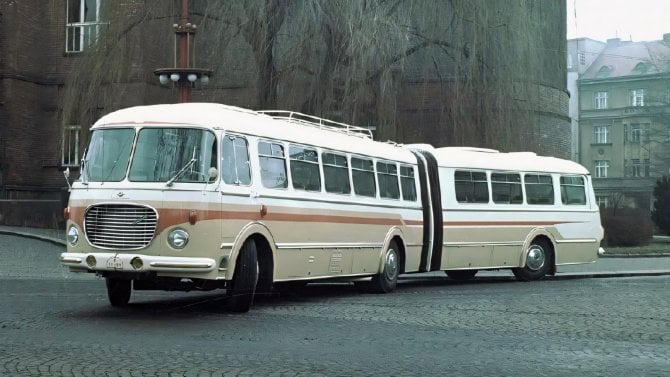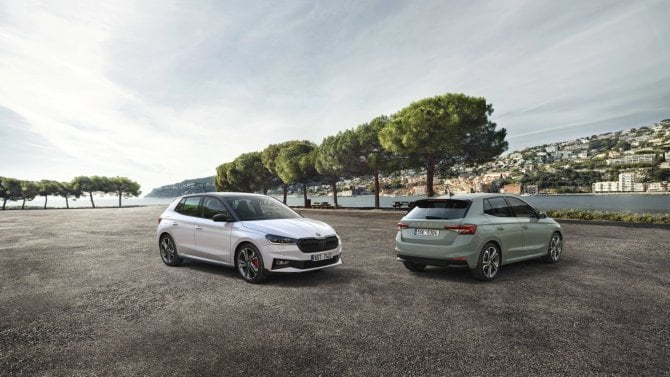...
PRAGUE, March 9 (Reuters) - European politicians should drop the word constitution if attempts to make an expanded European Union more flexible and competitive are to succeed, Czech Deputy Prime Minister Alexandr Vondra told Reuters.
Germany, which holds the EU's rotating presidency, is trying to revive, in some form, a constitution agreed by governments but rejected by voters in France and the Netherlands in 2005.
Vondra, in charge of European affairs, said in an interview the Czechs would prefer an agreement on revamping the functioning of the EU, which has grown to 27 countries from 15 since 2004, to be called something different because the word constitution did not correspond to the level of integration in Europe.
"I would rather not speak, than speak about a constitution because if we push the institutional reform as a constitution, problems will continue," he said in an interview conducted late on Thursday.
"I will bet it will not be named this way in the end.... If we are to agree on anything, I see it as much more passable if the word is not there at all."
The Czech Republic's new centre-right government has been sceptical about reviving the constitution and would prefer to replace it with a completely different, more simple document.
The ruling coalition has softened its stance in recent weeks and Vondra said any debate could be based on the original text, which sets new rules for voting and creates the posts of European president and a European foreign minister.
Germany is trying to secure by the end of its 6-month EU presidency in June a pledge by EU members to approve the institutional reforms by 2009.
Vondra said there might be an agreement on how to move forward but no firm dates should be set.
"There is a question on whether it makes sense to set ourselves some schedule and then, in a hurry, to face a dilemma again on whether we can make it or not. We do not see the necessity to set such a schedule," he said.
He said it was important for the Czechs to avoid a situation where part of Europe would push ahead with integration alone, a scenario some EU officials have mooted if no deal is agreed.
"For us it is key that we can manoeuvre and that not only France and Germany but also Britain, Poland, the Scandinavian countries are part of the arrangement... I do not like the concept of a hard core, really," he said.
RADAR TALKS COULD FINISH BY AUTUMN
The Czech Republic and Poland have stirred up a fuss in Europe by planning to open talks with the United States on hosting parts of a U.S. missile shield.
Vondra said he expected the Czechs would officially agree to start talks with the Americans by the end of March, and the negotiations could be completed in the autumn. The plan may be sent to parliament for ratification in early 2008, he said.
The government faces a tough task to secure parliamentary backing because it controls 100 seats in the 200-seat lower house, and the opposition has so far rejected the plan.
A small government party, the Greens, have also voiced doubts due to the plan's bilateral rather than all-NATO nature.
Vondra said he believed there was time to win support.
"The Czechs are always a bit cautious at the beginning, but in the end, perhaps they can stand up to things responsibly, it was similar with NATO (entry in 1999)."




 Test Citroen C3 Aircross: Na velikosti záleží
Test Citroen C3 Aircross: Na velikosti záleží
 Po stopách prototypů československých užitkových vozidel. Dochovalo se jich jen minimum
Po stopách prototypů československých užitkových vozidel. Dochovalo se jich jen minimum
 Nastavoval intenzitu elektronické cigarety za volantem, dostal pokutu. Podle soudu je e-cigareta mobil
Nastavoval intenzitu elektronické cigarety za volantem, dostal pokutu. Podle soudu je e-cigareta mobil
 Ojetiny dál zdražují, „Áčka“ jich přesto prodávají rekordní množství. Podle jejich šéfky roste pomalu i zájem o elektromobily
Ojetiny dál zdražují, „Áčka“ jich přesto prodávají rekordní množství. Podle jejich šéfky roste pomalu i zájem o elektromobily
 Historicky nejrychlejší Fabia dorazila na trh. Stojí 700 tisíc a na dálnici spráská i násobně dražší elektromobily Enyaq a Elroq RS
Historicky nejrychlejší Fabia dorazila na trh. Stojí 700 tisíc a na dálnici spráská i násobně dražší elektromobily Enyaq a Elroq RS
